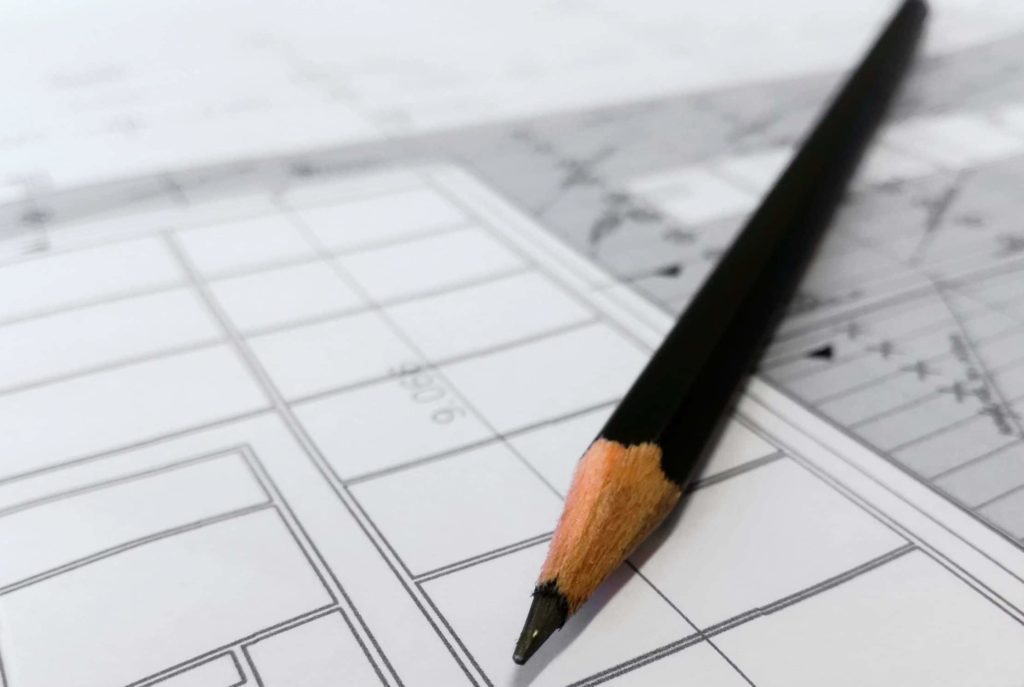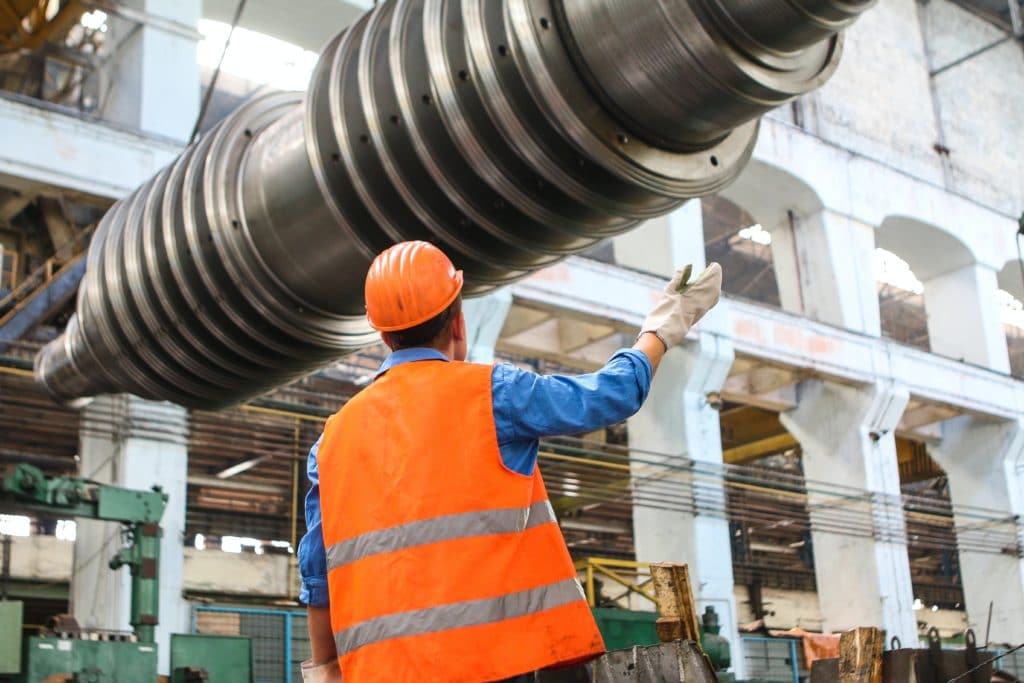Jason Feng is an Associate at Pinsent Masons where he specialises in Projects and Infrastructure projects and legal matters. He has worked closely with contractors and principals in their capacity within the industry and as expert witnesses. Below, he offers an essential guide for junior lawyers on engaging and working with a construction expert.
As a junior lawyer, you may be asked to engage an expert on a dispute. If you’re like me, this is something that they never taught us in law school. It can be stressful to learn in the middle of a live matter, especially with tight deadlines.
Having worked as a construction lawyer for more than 5 years, here are some of the things I wish I knew about engaging construction experts (although this is broadly applicable to engaging any other expert):
- the reasons for engaging a construction expert; and
- how to carry out tasks in the construction expert engagement process, in particular:
- shortlisting and contacting the right experts;
- interviewing and performing background checks;
- preparing briefs to the expert;
- corresponding with the expert; and
- reviewing draft reports prepared by the expert.
Reasons to engage a construction expert
In construction disputes, there are often very technical issues that could determine which party is liable, and the extent of that liability. Most lawyers are not subject matter experts.
We are unlikely to know how to even start looking at issues. Why did this building collapse? Did the defect result from error in design or construction? We do not know.
The main reason you would engage a construction expert is so they can fill in these gaps – or in legalese, so they can provide specialised knowledge that the ordinary person wouldn’t know, or would be outside the experience of a decision maker (e.g., judge, arbitrator).
In this context, there are two situations where engaging a construction expert will be most helpful:
- Initial fact finding to figure out whether your client’s case would have reasonable prospects of success.
- To provide admissible evidence in guiding and proving your case throughout dispute resolution proceedings such as litigation or arbitration.
Tasks that you can expect to do in the construction expert engagement process
So what can we, as junior lawyers, expect to do in the expert engagement process? And more importantly, how can we do those things well?
1. Finding a suitable expert
What makes an expert suitable? In a nutshell:
- they have credible expertise in the relevant area / industry / issue;
- they’re independent and do not have a conflict of interest;
- they have availability to meet your required timeframe;
- their fees are acceptable to your client;
- they have the ability or experience to prepare expert evidence in a form that will be admissible in dispute resolution proceedings; and
- they seem like somebody you can work well with over a number of weeks / months / sometimes years (i.e., communicative and nice enough to work with professionally).
You might think law firms would have established systems for finding experts to suit the needs of their cases. Not exactly. The majority of law firms actually look for experts in a surprisingly ad-hoc way, such as:
- team / firm wide emails asking for recommendations;
- using experts that they’ve previously engaged for different purposes e.g. an expert that provided evidence on a structural issue for a 4 storey residential building may be considered for defects in a 30 storey commercial building;
- somebody (usually junior lawyers) using Google to develop a shortlist of CVs / credentials.
Having been asked to develop that shortlist as a junior lawyer, I can honestly say that it is surprisingly hard to find a suitable expert that way.
Some difficulties I’ve faced include:
- in a high-profile project where nearly all the major construction entities in Australia had been involved in some stage and were conflicted out, we had to turn to an expert in the UK;
- in a project that involved disputes that turned on whether excessive vibration during construction led to unstable tunnel foundations, it was hard finding an expert with that niche expertise; and
- during a particularly busy period in the construction industry, it took nearly 20 tries to find a suitable expert that had availability to take on the case.
If you’ve been asked to develop a similar shortlist, you might find the following template handy:
Conflict check parties: Insert names of parties to the matter (e.g. client, opposition, any third parties that may be involved in the matter)
Availability: Provide relevant timeframes (e.g. 6 weeks to prepare draft report)
Background: Short summary of the dispute e.g. structural beam of residential building appears to be cracking
| No. | Expert | Credentials | Conflict check | Availability |
|---|---|---|---|---|
| 1 | Jane Smith [ABC Engineers] | 10 years structural engineer at ABC
5 years at XYZ |
No conflict – confirmed in writing | Available to prepare report by X |
| 2 |
But if you find yourself facing similar difficulties, you might consider checking in with external providers that have started to tackle these problems in recent years.
One provider that my colleagues and I have used is ExpertsDirect. They have a database of niche construction experts pre-vetted for the appropriate credentials, experience and soft skills required to work with lawyers (e.g. cross-examination and producing admissible expert reports).
- Contact ExpertsDirect and provide them with the case details (including facts), what kind of expert you think you are after, and a timeframe for the matter.
- ExpertsDirect will look for one or more suitable experts with the experience, qualifications, availability, and soft skills to work on your matter. They will then send you a list of the experts who are most suitable for your matter, along with dot-point summaries of their most relevant qualifications and aspects of professional experience. Once you have selected a suitable expert and sent in a letter of instruction and a brief of materials to the Case Manager, ExpertsDirect will prepare the fee estimate.
- You can present your supervisor with the shortlist and the option to use ExpertsDirect to meet with – and engage – the expert.
- Once the expert drafts their report, ExpertsDirect offers an optional barrister-led Quality Assurance service.
2. Initial meeting with the expert
So you’ve settled on a shortlist with your supervisor (and the client). Now you might get asked to attend / help with the initial meeting with the expert.
As a junior lawyer, it’s likely that your supervisor will run the meeting, but here are some of the things that they may run through:
- an outline of the background to the dispute and the general questions that the expert would be engaged to answer – handy for you to understand and keep in mind before you attend the meeting as well;
- the expert’s credentials to double check whether they have the right training, study or experience;
- prior experience giving expert evidence – for the likelihood of an expert report in an admissible form, and whether they will perform well in cross examination or negotiations as part of dispute resolution processes; and
- questions to get a feel of the expert’s communication skills, reliability, honesty, and general demeanour to see if they would be the best person to engage on the matter.
3. Preparing the first brief to your expert
You’ve found a suitable construction expert that you think you can work with well. It’s time to give them their first formal brief. This is a package of documents with:
I. A Letter of Instruction (in the first brief) setting out:
-
- The general background to the dispute;
- A list of factual assumptions;
- The questions you would like answered;
- A request for the expert to include their qualifications and experience in the report;
- An outline of how the expert is to communicate with you to maintain privilege;
- Relevant timeframes (e.g., when the report is required, court dates);
- Fees, and who will pay the fees (i.e., the client directly or via the law firm); and
- The relevant expert Code of Conduct (depending on your jurisdiction)
If you haven’t been given a precedent to work off, ask your colleagues for one. It is a good learning experience to try fill one in yourself and learn from how it is amended by your colleagues.
II. Supporting documents, including:
-
- A numbered index of the documents provided – make note of the brief / date that they were provided in because this is likely to grow as the matter proceeds (via supplementary briefs); and;
- An electronic and/or physical bundle of the documents that you would like the expert to consider.
4. Corresponding with the expert
During the matter, you can expect to be in contact with the expert to get their initial views to guide your case (as well as making sure timeframes are met). Here are three main areas junior lawyers can add value:
I. Document management
It’s our job to save any written correspondence onto the matter. Take a look at how your colleagues have already named / organised documents. Generally, I would follow a naming convention that sets out the date, sender and brief description e.g.
“2021-05-01 – Letter from expert – request for further geotech documents”
“2021-05-04 – Expert Report – Initial Draft version 1”
II. Scheduling meetings
This involves checking your expert’s availabilities, sending calendar invites, and preparing / circulating the relevant documents before the meeting.
III. Note taking
Not much to add except that it is helpful to write out a summary list of the actions (and timeframes) that you can circulate after the meeting.
While these are the main areas, you might be asked to help with other queries that pop up during the process. If you’ve used ExpertsDirect, you can call up your contact and they can help answer any questions you might have. They also provide a number of free resources here.
5. Reviewing draft reports
Note: Draft expert reports are not privileged in Australia. If you have comments or proposed changes, then it may be best to convey these to the expert orally instead of in writing (or as comments in the report).
When the expert sends you their draft report, you might be asked to review it. In construction, the report will likely be full of calculations and other technical terms that you don’t understand. That’s okay.
You shouldn’t be editing the substance of the report anyway so the expert remains independent!
So what would junior lawyers be reviewing / providing comments to the expert on?
A. Form of the report
These are suggestions to make the report easier to read (and understand!):
- table of contents and headings;
- clear formatting / numbered pages and paragraphing;
- tables, diagrams and other pictures are clearly labelled and referred to by those labels;
- attachments and references are identifiable (ideally with a numbered appendix);
- sentences are broken up and not 60+ words long;
- sentences that are difficult to understand – even if technically correct, if you have trouble understanding it then chances are a judge will find it difficult too;
- summaries at the start of each section are also helpful.
If you’ve sourced an expert through ExpertsDirect, the expert will be able to use an ExpertsDirect report template that includes all the critical sections of a report, ready for the expert to fill in.
B. Basis for opinions
This is a little trickier to spot, but any opinion by the expert should be linked to the source material (e.g. Document No. 3 in the appendix).
Otherwise, they should be linked to the expert’s training or study (e.g. “based on my experience set out in this report…”), and follow a clear reasoning process.
C. Tone of the report
The construction expert must be independent, and the tone of the report should convey an objective assessment. So phrases like this should be flagged:
“From my analysis, it is obvious that the builder did not take care during construction of the basketball court and is negligent and liable for the damage.”
Instead it should sound more like:
“Based on the reasons set out above, it is my professional opinion that the builder did not construct the basketball court in accordance with the design or the Australian Standards.”
D. Acknowledgment of the Code of Conduct
Depending on jurisdiction, the expert should expressly state that they have read and are bound by the relevant Code of Conduct.
E. Proofreading
Sorry, no escaping it. 😅
If you’ve retained an expert through ExpertsDirect, their quality assurance team goes through this entire process for you. They review the expert’s report for typos and grammatical errors, clarity, and also admissibility. This helps ensure that the report stays within the expert’s area of expertise, is an independent and qualified expert opinion, and is easily understood by a layperson.
Hopefully this gives you a solid starting point for engaging an expert the first few times in your career. My final thoughts:
- It’s better to ask questions than pretend you know exactly what you’re doing;
- Take advantage of specialist platforms such as ExpertsDirect where possible; and;
- Try to build up your own personal precedent bank to make the next engagement easier.


